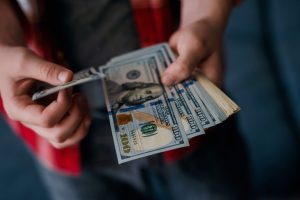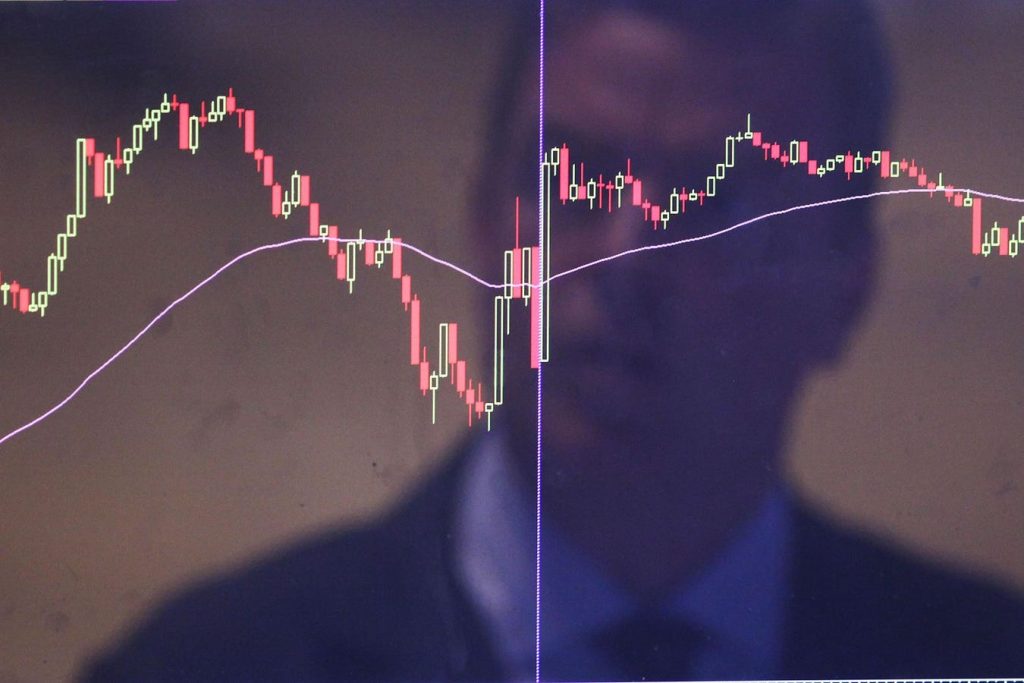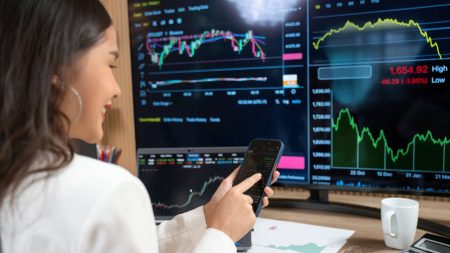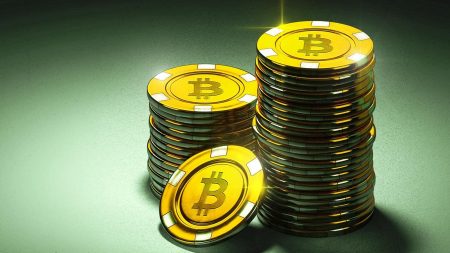The stock market is riding high on euphoria following the Fed chair’s bombshell remark.
In his recent congressional testimony, Fed Chair Jerome Powell admitted that the labor market—an inflation driver the Fed pays careful attention to—is no longer a concern.
“The labor market appears to be fully back in balance,” Federal Reserve Chair Jerome Powell said at a congressional hearing on Tuesday, adding that the job market was no longer “a source of broad inflationary pressures for the economy.”
It’s a major about-face from the past three years, when Powell used the tight labor market as a reason to keep rates higher for longer.
Now that the Fed’s biggest headache is out of the way, the S&P 500, Nasdaq, and Dow are heading back to all-time highs—indicating an imminent rate cut.
According to the CME FedWatch—a tool that gauges rate cut probabilities based on futures markets—there’s a 93.3% chance that interest rates will hold at today’s level during the July meeting.
However, the likelihood of a rate cut jumps to a near certainty, 95%, for the next FOMC meeting in September.
Economists agree that the Fed is gearing up for a rate cut. “It appears that they are open to the idea of loosening monetary policy, but it has to be backed up by the data,” said ING Chief International Economist James Knightley.
Not so fast…
Shard Capital’s market strategist Bill Blain begs to differ.
According to him, the stock market is facing a “standard triple-whammy threat: overvaluation due to euphoria, misunderstanding of economic reality, and political factors.”
Although the markets “seem unstoppable” for now, Blain thinks mean reversion is imminent, with potential triggers being one or a combination of three forces.
The first one is what Blain calls “behavioral psychosis,” which has propelled U.S. stock prices to extremes compared to other markets.
“U.S. stocks are valued massively higher than Europe, Emerging Markets, or China… China has some of the largest ‘addressable’ markets, like healthcare, on the planet, but who wants to risk the furor that would accompany being seen to invest in the Middle Kingdom these days?” wrote Blain.
The second concern is uncertainty around the U.S. presidential election.
“The election period could prove highly unstable. Just how damaging could a Democratic coup against Biden become? How distracting will rumors that he has Parkinson’s be? What will happen in U.S. markets if the election remains too close to call and Biden really does stage a recovery?” Blain wrote.
The strategist also warns of what he calls the “New Normality,” referring to interest rates settling at 5%.
“Central banks and regulators want normalized interest rates, not the monetary and market distortions created by artificially low interest rates,” he says.
Although politicians call for lower rates to win votes, he thinks central bankers will do their best to keep rates higher to prevent the long-term unintended consequences of artificially low rates.
Read the full article here










